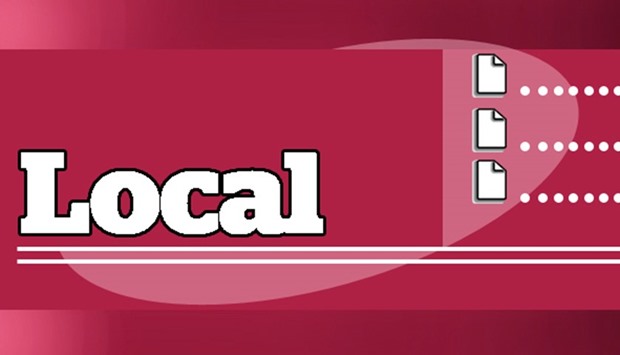The new platform for sukuk issuance and management using data technology blockchain could boost GCC issuance volumes over time, S&P Global Ratings has said in a report.
Launched last year, the platform, if adopted, will significantly simplify the sukuk processes. It relies on a set of standardised legal documentation for sukuk structure.
According to S&P, the issuer can just plug in its underlying assets and start building its investor book with a few clicks. The overall transaction is managed using blockchain, which helps improve transparency and traceability. This platform can also open the market to a new class of issuers that were until now excluded because of costs or complexity.
More importantly, this shows that standardisation of legal documents and Shariah rulings is actually achievable. Additionally, security of transactions and resisting cyberattacks while remaining in compliance with existing regulations has proven to be a prominent source of risk and could be remedied using regulatory technology.
“A prerequisite for fintech enriching the Islamic finance industry is the provision of adequate physical infrastructure and implementation of the necessary supervision and regulatory framework. This is why several regulators/authorities in the GCC and elsewhere have launched incubators or specific regulatory sandboxes where fintech companies can test innovations,” S&P said.
Lockdown measures have demonstrated how the capacity of a company or a bank to shift its business online is critical for its continuity. For Islamic banks and sukuk, higher digitisation and fintech collaboration could help strengthen their resilience in a more volatile environment and open new avenues for growth, it said.
S&P believes the global Islamic finance industry will return to slow growth in 2020-2021 after strong performance in 2019 underpinned by a more dynamic sukuk market.
The significant slowdown of core Islamic finance economies in 2020, because of measures implemented by various governments to contain the Covid-19 pandemic, and the expected mild recovery in 2021, explain our expectations.
At the same time, S&P sees an opportunity in the current environment for accelerating and unlocking the long term potential of the industry. Stakeholders are realising the importance of standardisation as government coffers are depleted and access to sukuk remains time consuming and more complicated than conventional instruments.
Lockdown measures have also shown the importance of leveraging technology and creating a nimbler industry, the report said.
Furthermore, it said industry players have been discussing the potential use of social instruments to help companies and individuals economically affected by the pandemic.
“With the right coordination between different Islamic finance stakeholders, we believe the industry could create new avenues of sustainable growth that serve the markets,” S&P said.
Business / Business
New platform using data technology blockchain may boost GCC sukuks, says S&P report

Local

